Floyd County COVID-19 news: Deaths double; care center visitation changes seen
By Bob Steenson, bsteenson@charlescitypress.com
The number of COVID-19 deaths in Floyd County doubled in the last several days, increasing from the previous three cases to six.
The Iowa coronavirus statistics website, coronavirus.iowa.gov, added two additional deaths on Thursday, and another Monday afternoon for Floyd County.
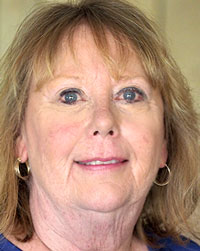
Neither the state nor Floyd County Public Health releases information regarding the age of the victims anymore. The first two county deaths had been in persons age 81 or older, on May 10 and June 26. The third death had been to a person age 41-60, on Aug. 12.
Despite the recent deaths, the number of new cases in the county has been on a downward trend in recent weeks, since spiking on Sept. 21 when 26 new positive test results were reported at the Nora Springs Care Center.
The number of positive cases at the facility was increased to 29 last Thursday, Oct. 1, and to 35 on Monday, with four listed as recovered on the state website.
The county infection percentage — a measure of the the 14-day rolling total of positive cases divided by the 14-day rolling total of tests given — was 10.1% Monday evening, according to the state website.
If that percentage dips a bit more it could be good news for people in care facilities in the county, who have been without visitors since March when nationwide care facility restrictions were implemented.
Iowa updated its long-term care facility visitation guidance last Thursday, based on new requirements from the U.S. Centers for Medicare and Medicaid Services.
Sue Ayers, co-owner and former administrator at the Chautauqua care centers in Charles City, said they are writing policies to align with the new guidelines for when the county percentage drops below 10% as required, but there are still many questions.
“We will look at (the rate) once a week on Monday morning, and that will determine if visitation is allowed that week,” Ayers said.
Even when visitation is allowed it will be restricted.
“They still do not want touch. They still want the social distancing. And they still want masks in the absence of a barrier. There are changes and it’s certainly going to be better than it was, but it’s not going to be like, ‘throw the door open,’ like it was pre-COVID,” Ayers said.
Another change that’s in effect now was in the definition of compassionate care visitations.
“Compassionate care was originally if someone was dying or had a major family situation arise. They have now expanded the definition of compassionate care to include things such as if a person quits eating or drinking, if they become more crying and tearful,” she said.
If anybody notices a resident exhibiting some of the signs included in the guidelines they can refer that resident to the organization’s full-time social worker, who will do a “psycho-social assessment” and make the decision whether a compassionate care visit is warranted, Ayers said.
The new guidelines say such visits can be done by “any individual that can meet the resident’s needs, such as clergy or lay persons offering religious and spiritual support,” in addition to family members.
Ayers said that in spite of any visitation changes allowed, they will continue to do everything possible to keep COVID-19 out of the Chautauqua centers.
“We have purposely been very stringent about following the guidelines, because when it gets into the building that’s when it’s really tough,” she said.
So far, only three residents have had positive test results for COVID-19 at either 9th Street or 11th Street Chautuaqua, and that includes two persons who were admitted to the facilities with tests results pending that turned out to be positive, and one other resident who tested positive but was “totally asymptomatic,” Ayers said.
Some staff have tested positive, she said, but those people were immediately off work and so far there are no cases of transmittal to residents, she said.
The care centers received a point-of-care testing machine from the federal government on Monday, Ayers said.
“We started that today with the rapid identifiers, the 15-minute test, and our staff is all negative,” she said.
“As long as the staff is COVID-free we do not have to test residents unless a symptom is noted,” she said.



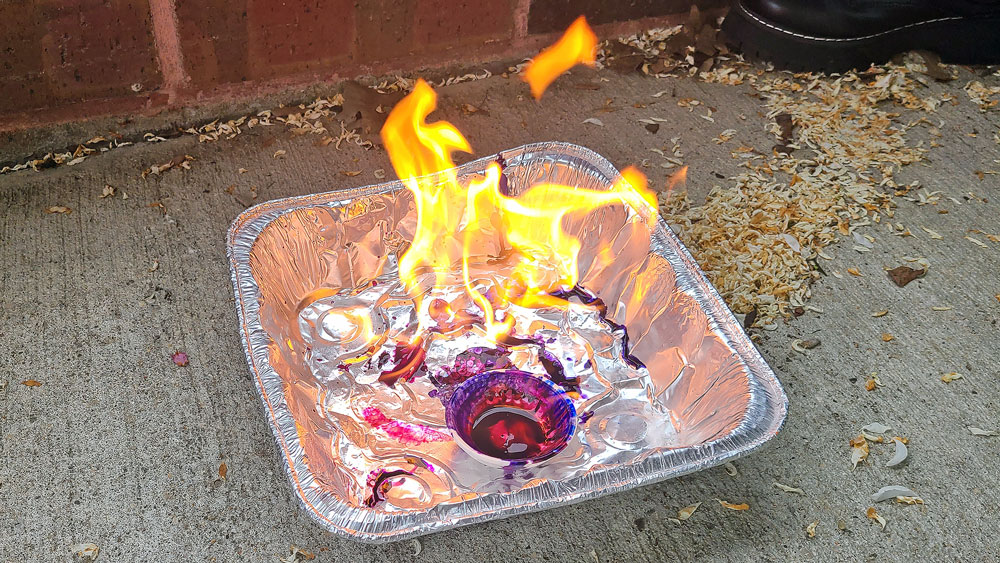
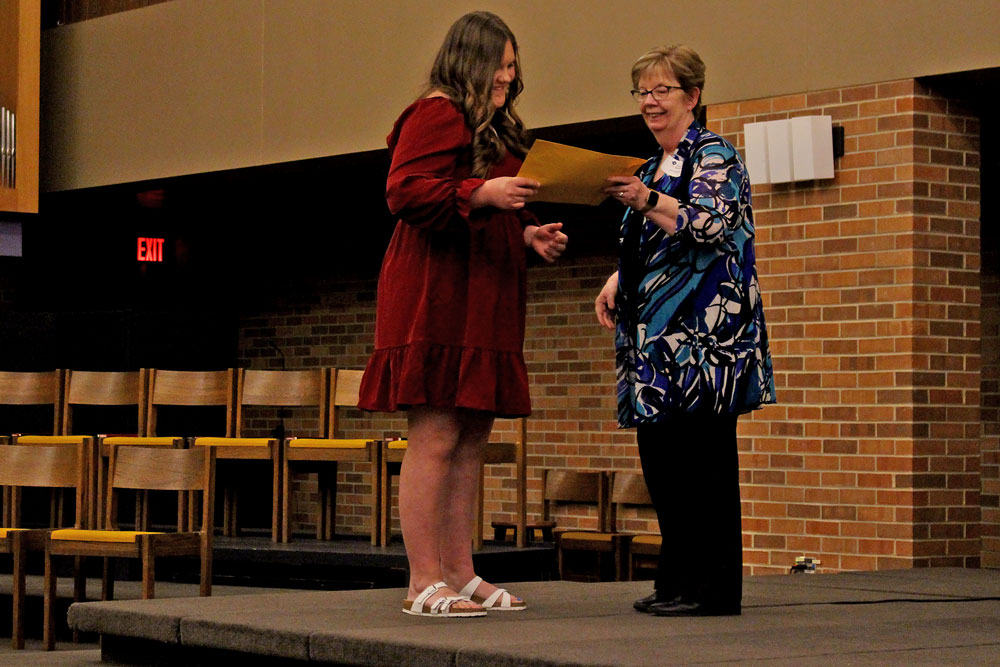
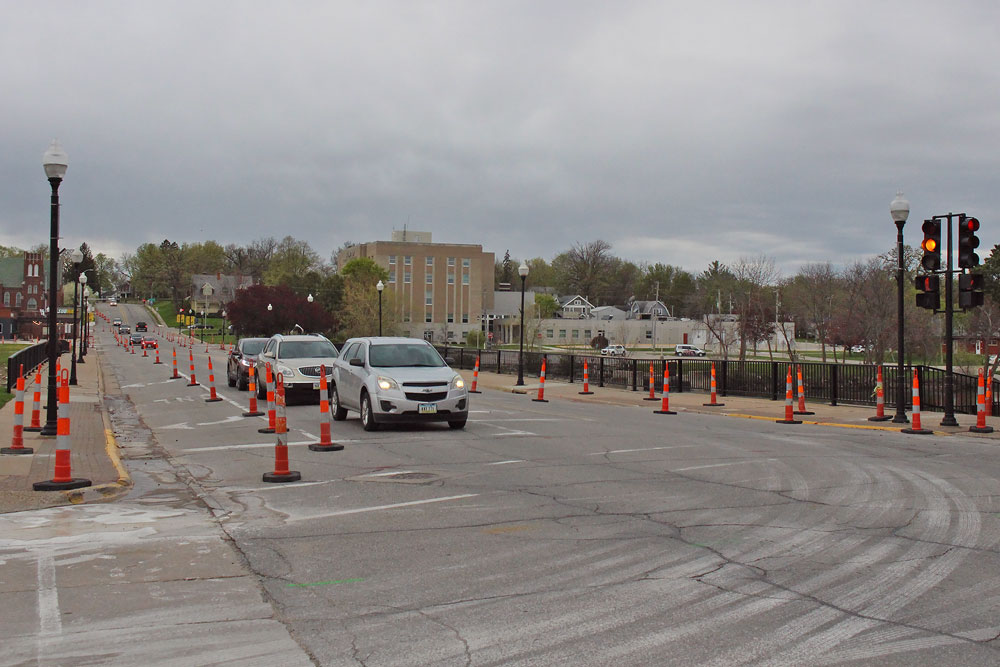
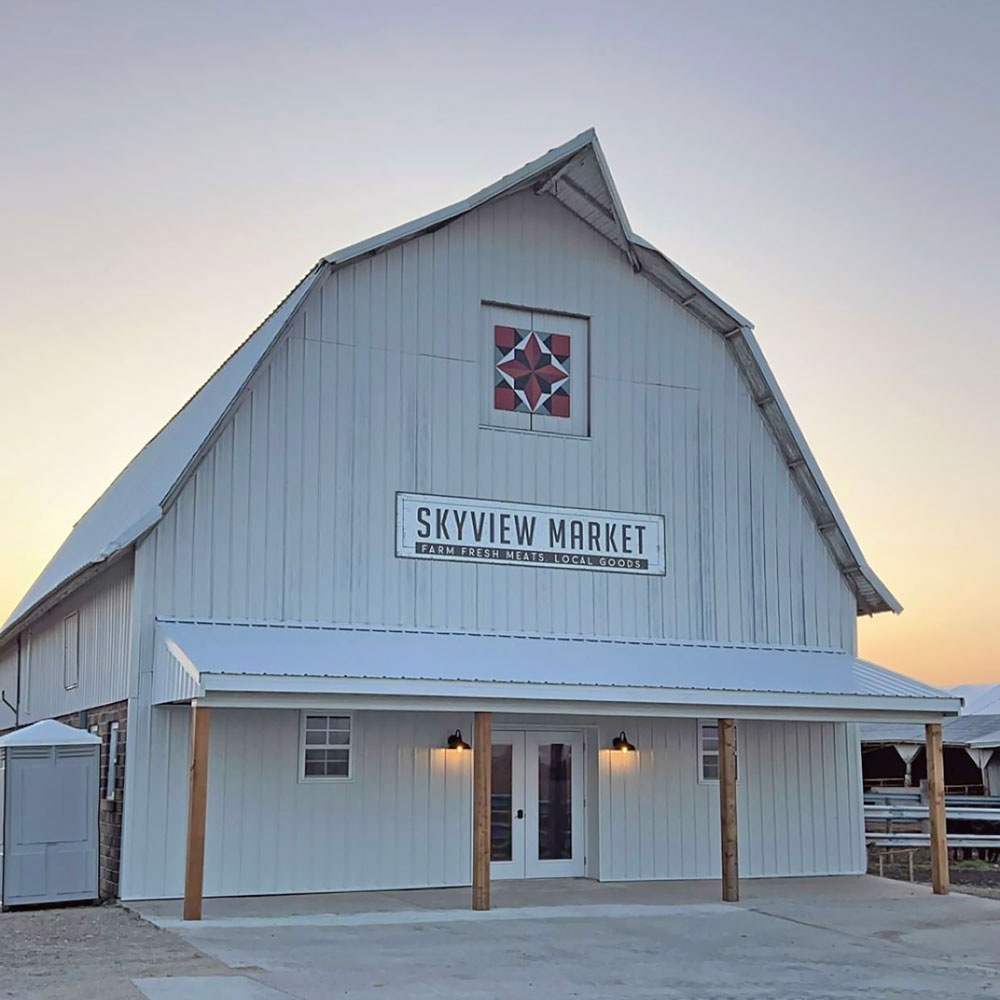


Social Share